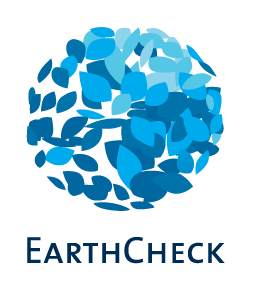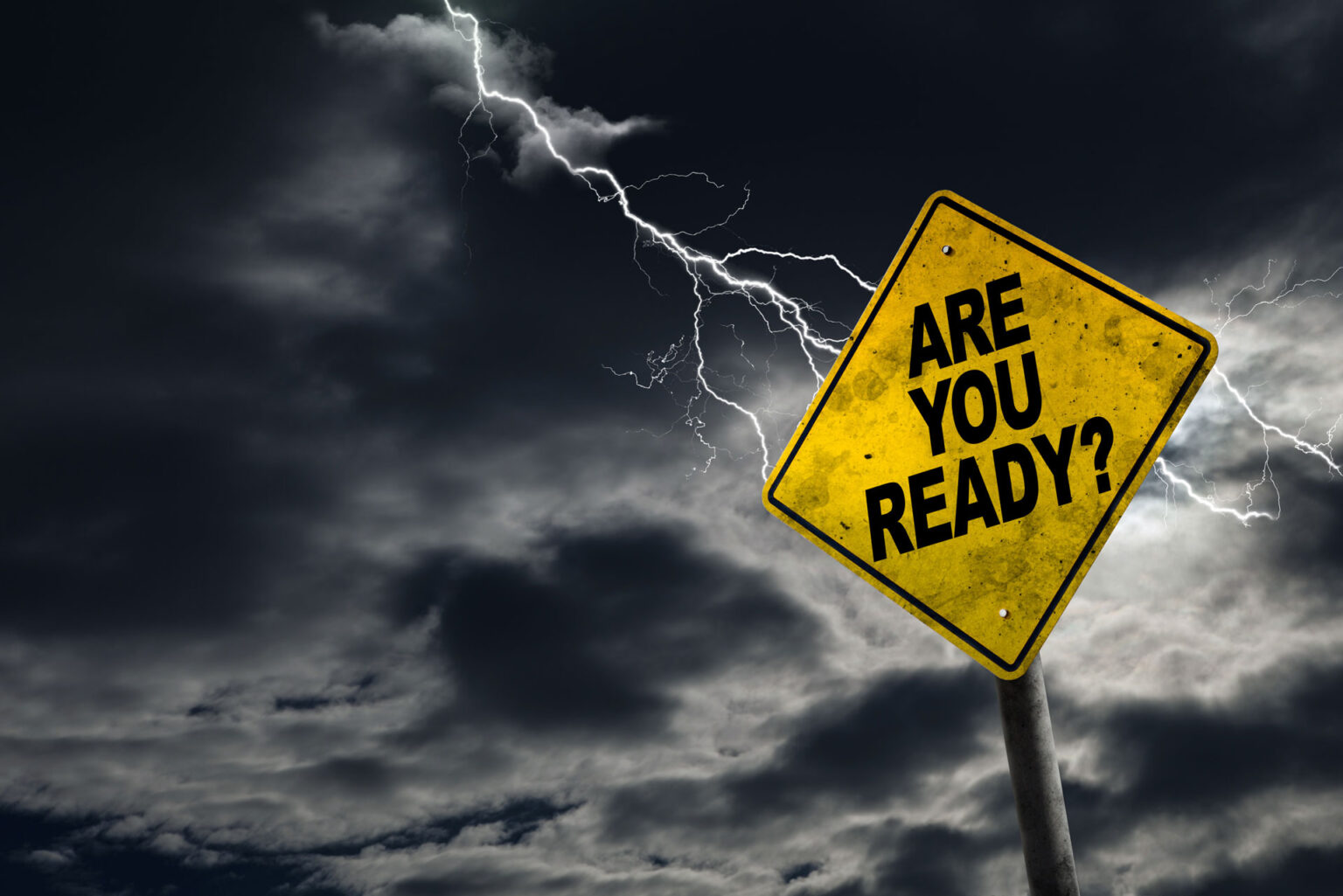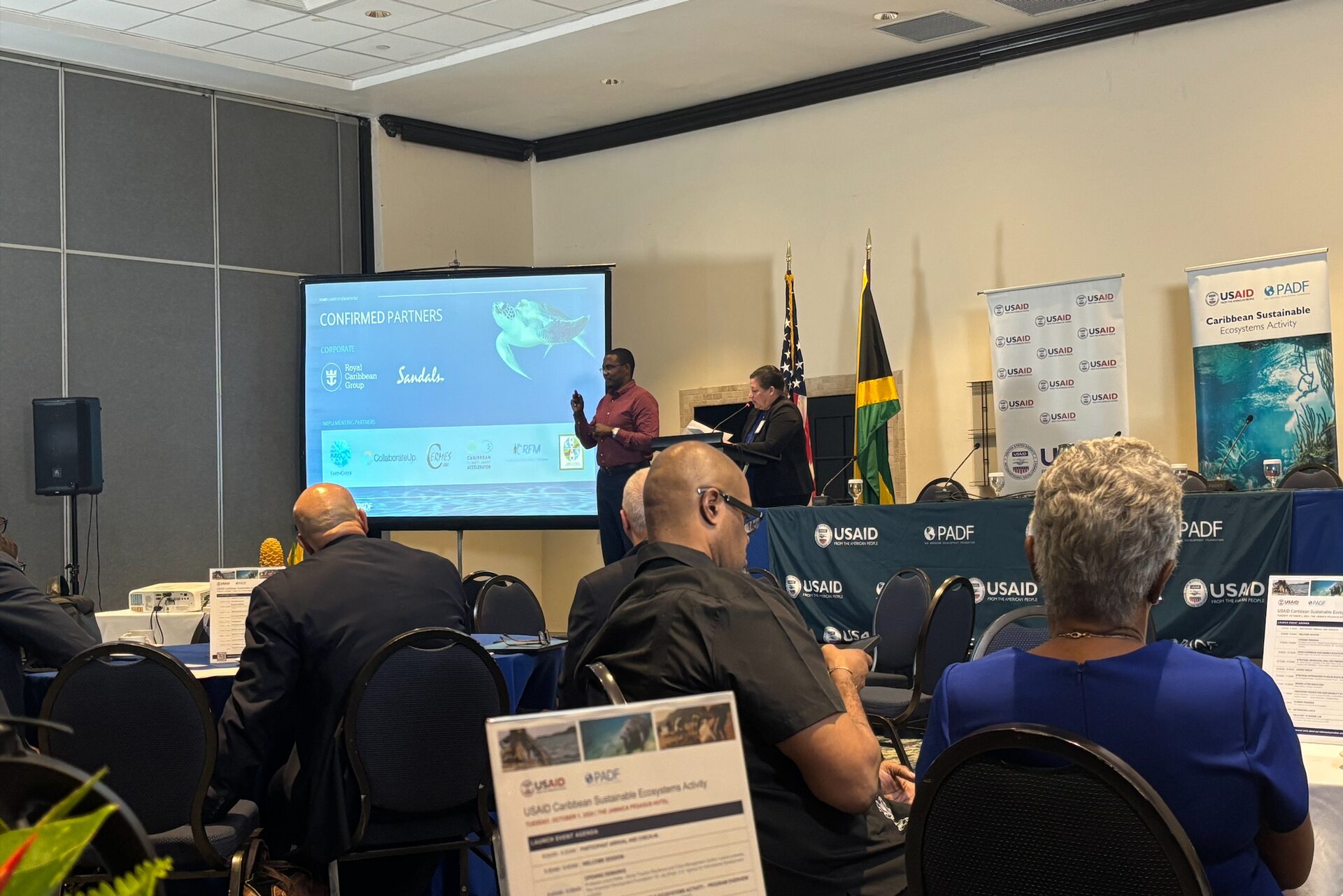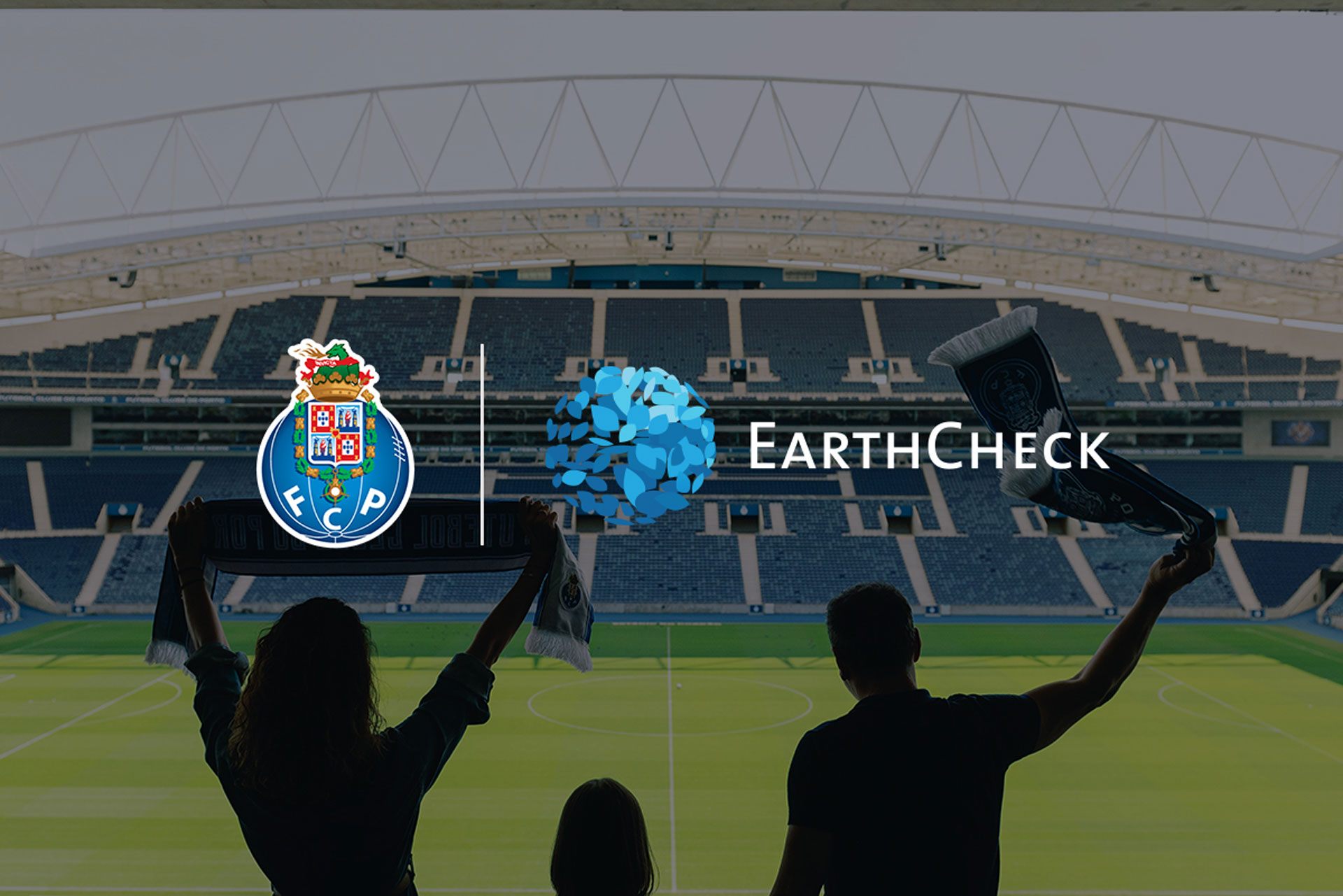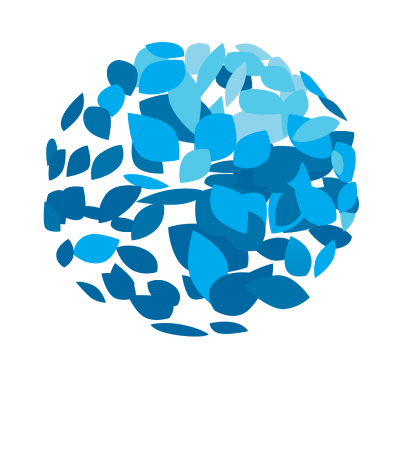Whether it’s a wildfire, a storm, a flood, or even a global lockdown, we all know how much damage a disaster can do to a business.
Worse yet, we’re seeing a rapid rise in the frequency of these disasters. According to the United Nations, with current climate projections, the world will face around 560 disasters every year by 2030 – and that’s not even taking into account man-made disasters such as cyber attacks, which also pose an increasing threat to businesses.
But while disasters are inevitable, to a degree, the damage they do to your business can be mitigated. For every dollar you spend on disaster preparedness, you can save up to $8 in recovery efforts.
Despite this, more than half of all small businesses haven’t prepared for any kind of disaster, and the Productivity Commission has estimated that while 97 per cent of all disaster funding is spent on recovery and clean-up, just 3 per cent is spent on mitigation, preparedness and resilience.
Lessons in resilience
EarthCheck has teamed with the Queensland Tourism Industry Council to create a micro-credential course that will help businesses keep their people and their property safe; minimise environmental impact; and build back better when disaster strikes.
This course, which has been funded by the Queensland Government, is the latest in a series of short, standalone courses on sustainability and responsible business practices that EarthCheck has made available via Typsy, one of the world’s leading online training providers.
Dr Natasha Montesalvo, EarthCheck’s Principal Consultant for Destinations, Strategy & Insights, says businesses can’t afford to sit back and wait for a disaster to happen. Instead, they have to be proactive, and arm themselves with the tools they need to be disaster resilient.
“Disaster management isn’t a one-time task or just for bush fire season,” Dr Montesalvo says. “It’s a vital part of your ongoing operations. If it’s not already, it should be integrated into your business routine.
“That’s why we’ve created this course – to help you make a plan for managing disasters in your business. This way, you can lower the impact on your business, community and economy.”
Whether you’re an owner-operated business, or you have a large number of employees across multiple departments, Dr Montesalvo says businesses of all sizes should think of disaster management as their business bodyguard.
“Disaster management is not just for the experts,” she says. “It’s everyone’s job to reduce the impact of a disaster and speed up the recovery. It’s about knowing how to act, and how to put a practiced team and plan in place.
“Just as you practice for a fire safety test or participate in an evacuation drill, disaster resilience also requires a similar process. For instance, one business we work with was hit by a cyclone. This was unprecedented for the area. But because they had plans for other disasters like bushfires, and had done regular testing, they were able to protect their people and get out of harm’s way efficiently.”
In phase
The course is designed to provide clear guidance for each phase of disaster management, and help businesses to create comprehensive and actionable plans.
“The course is aligned with the Sendai Framework for disaster risk reduction, which was developed by the United Nations,” Dr Montesalvo says. “That framework emphasises four phases – prevention, preparation, response and recovery, embedding a ‘build back better’ mentality into the recovery process to reduce risk in the future.
“These key elements are the basic building blocks that can help you and your business do well, even after a disaster. It’s like making a smart investment for a safer tomorrow.”
Over the course of six straightforward and informative lessons, Dr Montesalvo says participants will acquire the tools and information they need to develop a disaster management plan and reduce the mental and financial implications of a disaster.
By the end of the short course, participants will have learned to:
- Understand the importance of disaster management
- Identify business risks
- Implement risk reduction strategies
- Prepare for disasters
- Build a disaster management team
- Plan a disaster response
- Recover business activities more efficiently
“The result is that your business will be ready for whatever comes your way when disaster hits,” Dr Montesalvo says. “You’ll save resources, money and time; build better business systems; and ultimately reduce your physical and mental stress.”
So don’t wait for ‘if’ – be ready for ‘when’. To arm yourself with the tools you need to protect your business, go to EarthCheck’s Typsy page and enrol in our ‘Disaster Resilience’ course today.
Queensland businesses can register for free through the Queensland Tourism Industry Council Micro-Credentialing Program.
This project has been funded and supported by the Queensland Government.
